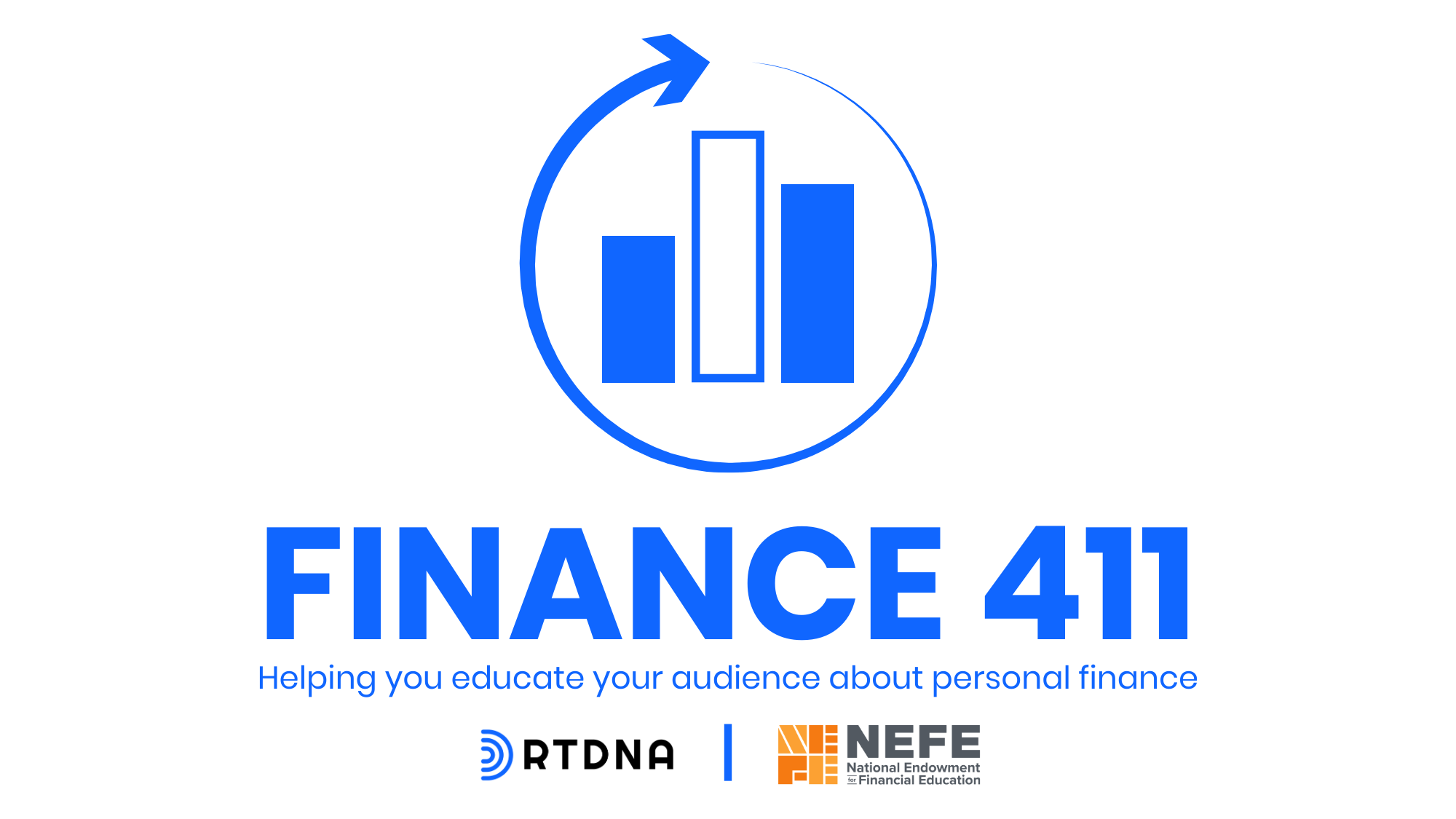Money Matters: 4 scams on the rise

Consumer reporters looking for story ideas - and ways to help their audiences protect their finances - can take a look at any of these four growing types of scams for an idea easily localized for any market.
Social media giveaway scams
Cash App is a money sharing app affiliated with Square, a payment processor. Its "Cash App Friday" promotion gives small cash prizes to its social media followers.
Scammers are capitalizing on the interest by impersonating Cash App, asking for small cash transfers to "verify accounts" in return for promised bonus giveaways, which don't materialize.
- Never send even small amounts to anyone doing a giveaway who is asking for money.
- Check for verified accounts and avoid ones that are very new.
- Avoid clicking on links that require you to log into an app to claim a reward.
Romance scams
The Federal Trade Commission has found that the number of people falling victim to romance scams is on the rise. Both the number of victims and the typical amount victims lose to these scams are growing.
Scammers on online dating sites and Facebook are taking advantage of the online dating trend to cultivate fake relationships and milk victims for cash.
- Do a Google image search on user's profile pictures.
- Check for inconsistent profile details.
- Be aware of red flags like refusing to do a video chat or taking a long time to send a photo.
Adoption and surrogacy scams
When prospective parents are interesting in having children through adoption or surrogacy, the costs of working with an agency can be significant, so many turn to private arrangements.
These can be risky, though. Here's one story of a local couple who provided thousands of dollars to a woman they thought was carrying their child, only for her to disappear, never pregnant at all.
Even when working with an agency, future parents should be careful. In April 2019, the Maryland Attorney General filed two civil charges against an Annapolis-based surrogacy company, saying the company collected money from clients without ever following through on promised surrogacy services.
Student loan scams
Americans have more student loan debt than credit card debt. No wonder, then, that many are looking for any way to reduce their debt burden. But accrding to the Federal Trade Commission, more than $95 million has been lost to student loan scams. Debt relief scams often - illegally - charge upfront fees and promise reduction of student debt in exchange. That relief doesn't materialize and instead borrowers fall behind on loan payments go into further debt.
While there are are real programs offering loan forgiveness, student loan debt is one of the most difficult types of debt to discharge.
Borrowers should be aware of promises of speedy forgiveness, upfront fees and requests for personal information including federal student IDs.
Weekly Money Matters personal finance content for your newsroom is sponsored by the National Endowment for Financial Education.
